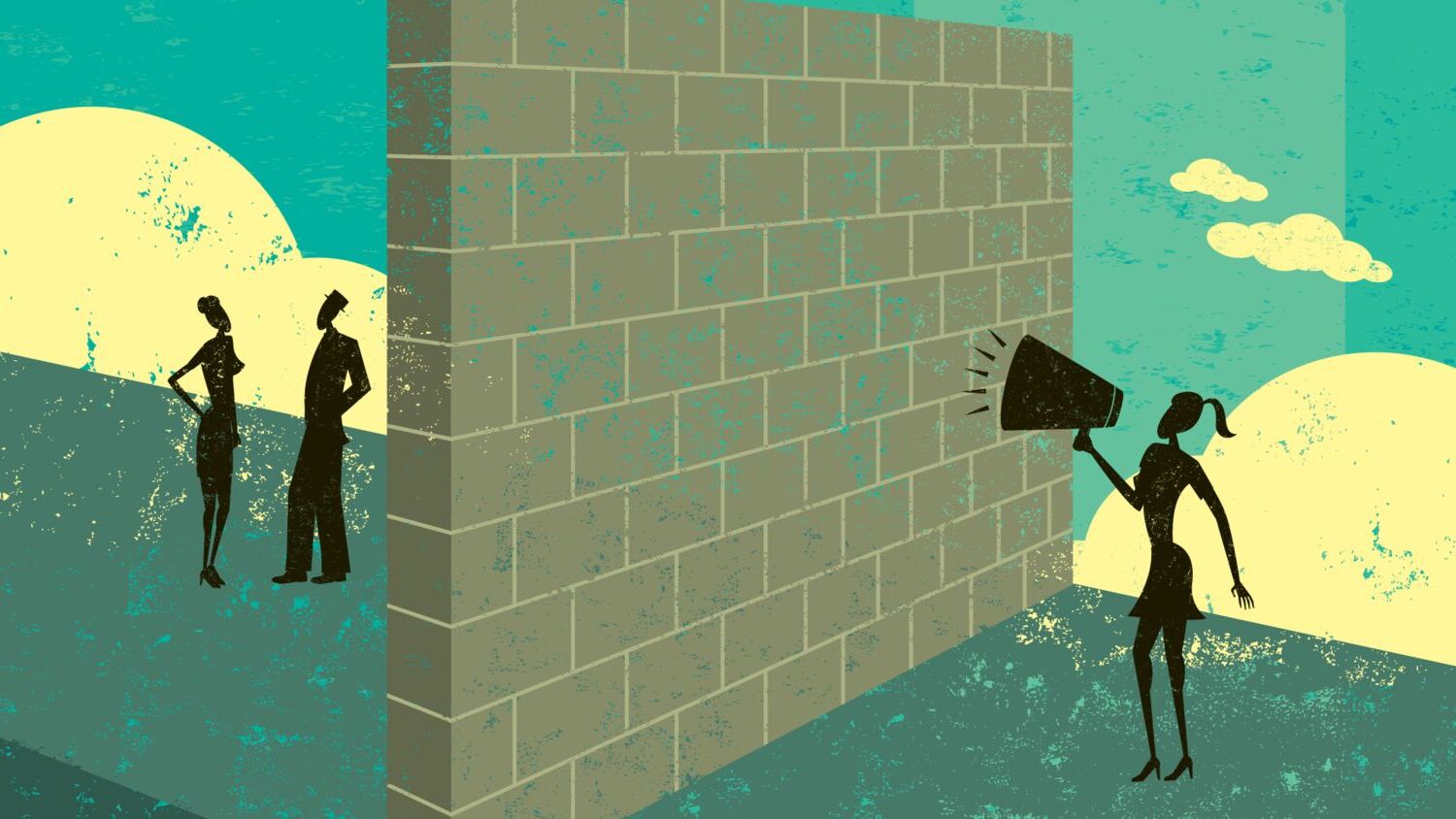
Language barriers can be tricky. They often create confusion, misunderstandings, and even frustration. But why do they exist, and how do they impact our daily lives? Language barriers arise when people who speak different languages try to communicate. This can happen in schools, workplaces, or even during travel. Imagine trying to order food in a country where you don’t speak the language. It’s not just about words; it’s about culture, context, and expression. Understanding these barriers helps us appreciate the diversity of languages and find ways to bridge gaps. Ready to learn more? Let’s dive into 30 intriguing facts about language barriers!
Key Takeaways:
- Language barriers can cause misunderstandings, isolation, and difficulties in healthcare, business, and cultural interactions. Overcoming these barriers through translation services, language learning, and technology can improve communication and understanding.
- Language barriers impact healthcare, business, and global relations, leading to misdiagnosis, negotiation difficulties, and diplomatic tensions. Learning new languages, using technology, and understanding cultural differences can help bridge these gaps.
What Are Language Barriers?
Language barriers occur when people cannot understand each other due to differences in language. These barriers can affect communication in various settings, from personal relationships to international business.
- Misunderstandings: Miscommunication often leads to misunderstandings, causing confusion and mistakes.
- Limited Access to Information: People may struggle to access important information, such as medical advice or legal rights, if it's not available in their language.
- Social Isolation: Language differences can make individuals feel isolated and excluded from social interactions.
- Workplace Challenges: Employees may find it difficult to collaborate effectively if they cannot communicate clearly with their colleagues.
- Educational Barriers: Students who do not speak the language of instruction may struggle to keep up with their studies.
Impact on Healthcare
Language barriers in healthcare can have serious consequences. Patients need to understand their diagnoses and treatment plans to receive proper care.
- Misdiagnosis: Doctors may misinterpret symptoms if they cannot communicate effectively with patients.
- Medication Errors: Patients might take the wrong medication or dosage if instructions are not clear.
- Delayed Treatment: Treatment can be delayed if patients cannot explain their symptoms accurately.
- Patient Anxiety: Not understanding medical jargon can increase patient anxiety and stress.
- Informed Consent: Patients may not fully understand the risks and benefits of treatments, affecting their ability to give informed consent.
Effects on Business
In the business world, language barriers can hinder international trade and collaboration. Companies must navigate these challenges to succeed globally.
- Negotiation Difficulties: Miscommunication during negotiations can lead to unfavorable deals.
- Marketing Challenges: Advertising campaigns may fail if they do not resonate with the target audience due to language differences.
- Customer Service Issues: Providing support in multiple languages can be challenging but is essential for customer satisfaction.
- Legal Complications: Understanding and complying with international laws requires clear communication.
- Team Collaboration: Multinational teams may struggle to work together effectively if they cannot communicate well.
Cultural Misunderstandings
Language barriers often lead to cultural misunderstandings, which can affect relationships and interactions.
- Offensive Gestures: Certain gestures or phrases may be offensive in one culture but harmless in another.
- Different Norms: Social norms and etiquette vary widely, leading to potential conflicts.
- Stereotyping: Language barriers can reinforce stereotypes and prejudice.
- Lost Nuances: Subtle meanings and humor often get lost in translation.
- Misinterpreted Intentions: People may misinterpret intentions, leading to unnecessary conflicts.
Overcoming Language Barriers
Despite the challenges, there are ways to overcome language barriers and improve communication.
- Translation Services: Professional translators can help bridge the gap in various settings.
- Language Learning: Learning a new language can enhance personal and professional relationships.
- Technology: Apps and software can translate text and speech in real-time.
- Visual Aids: Pictures and diagrams can help convey messages without words.
- Cultural Training: Understanding cultural differences can improve communication and reduce misunderstandings.
Real-World Examples
Language barriers have played a significant role in various historical and contemporary events.
- Diplomatic Relations: Miscommunication has led to diplomatic tensions and conflicts.
- Immigration: Immigrants often face language barriers that affect their integration into new societies.
- Globalization: As the world becomes more interconnected, language barriers pose challenges for international cooperation.
- Tourism: Tourists may struggle to navigate foreign countries without knowing the local language.
- Media: Global media must consider language differences to reach diverse audiences.
Breaking Down Language Barriers
Language barriers can be tricky, but understanding them helps bridge gaps. Knowing that over 7,000 languages exist worldwide shows the vast diversity we navigate daily. Miscommunication often stems from cultural differences, not just words. Simple gestures or expressions can mean different things across cultures. Learning even a few phrases in another language can make a big difference. Technology, like translation apps, is handy but not foolproof. Real human interaction remains key. Patience and empathy go a long way in overcoming misunderstandings. Remember, language is more than just words; it’s about connecting with others. By being open-minded and willing to learn, we can break down these barriers and foster better communication. So next time you face a language challenge, embrace it as an opportunity to grow and connect.
Frequently Asked Questions
Was this page helpful?
Our commitment to delivering trustworthy and engaging content is at the heart of what we do. Each fact on our site is contributed by real users like you, bringing a wealth of diverse insights and information. To ensure the highest standards of accuracy and reliability, our dedicated editors meticulously review each submission. This process guarantees that the facts we share are not only fascinating but also credible. Trust in our commitment to quality and authenticity as you explore and learn with us.


